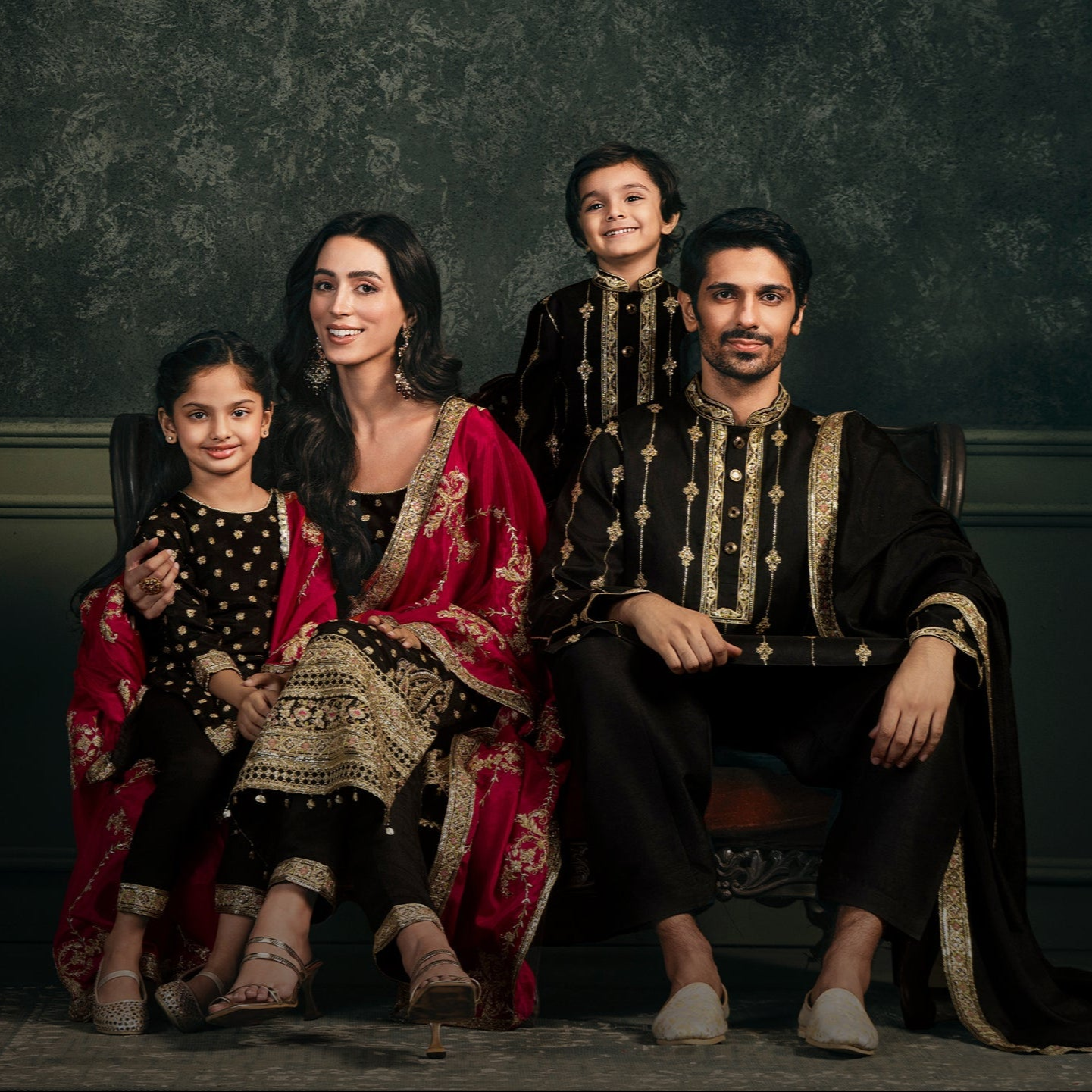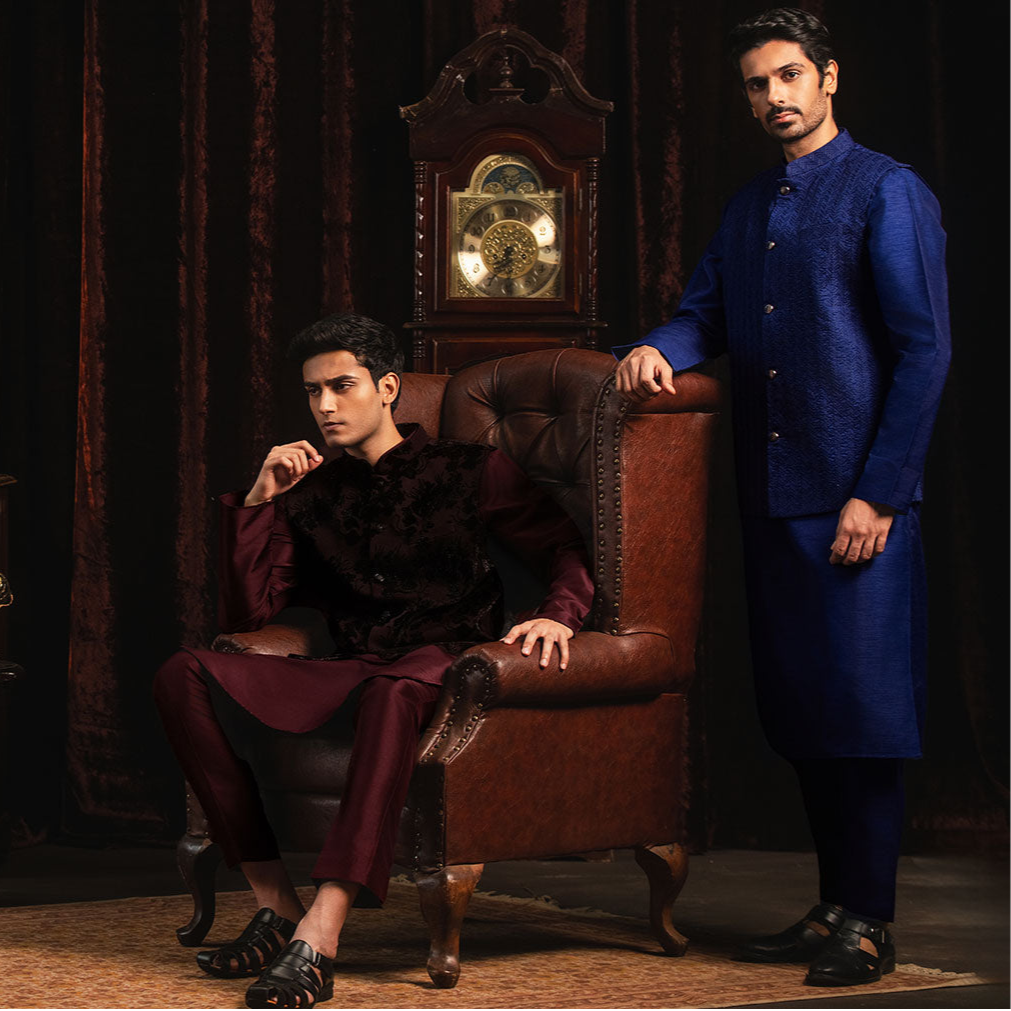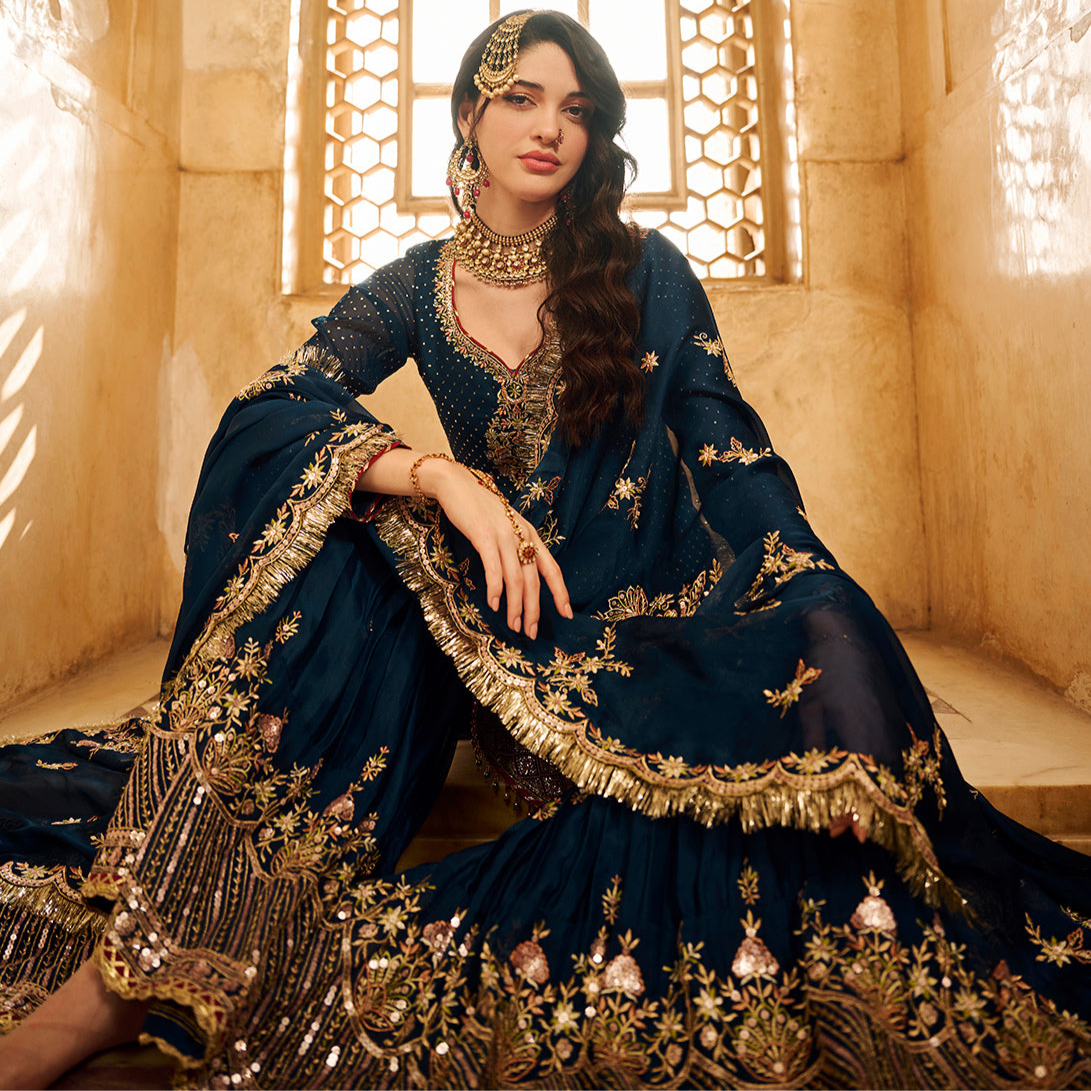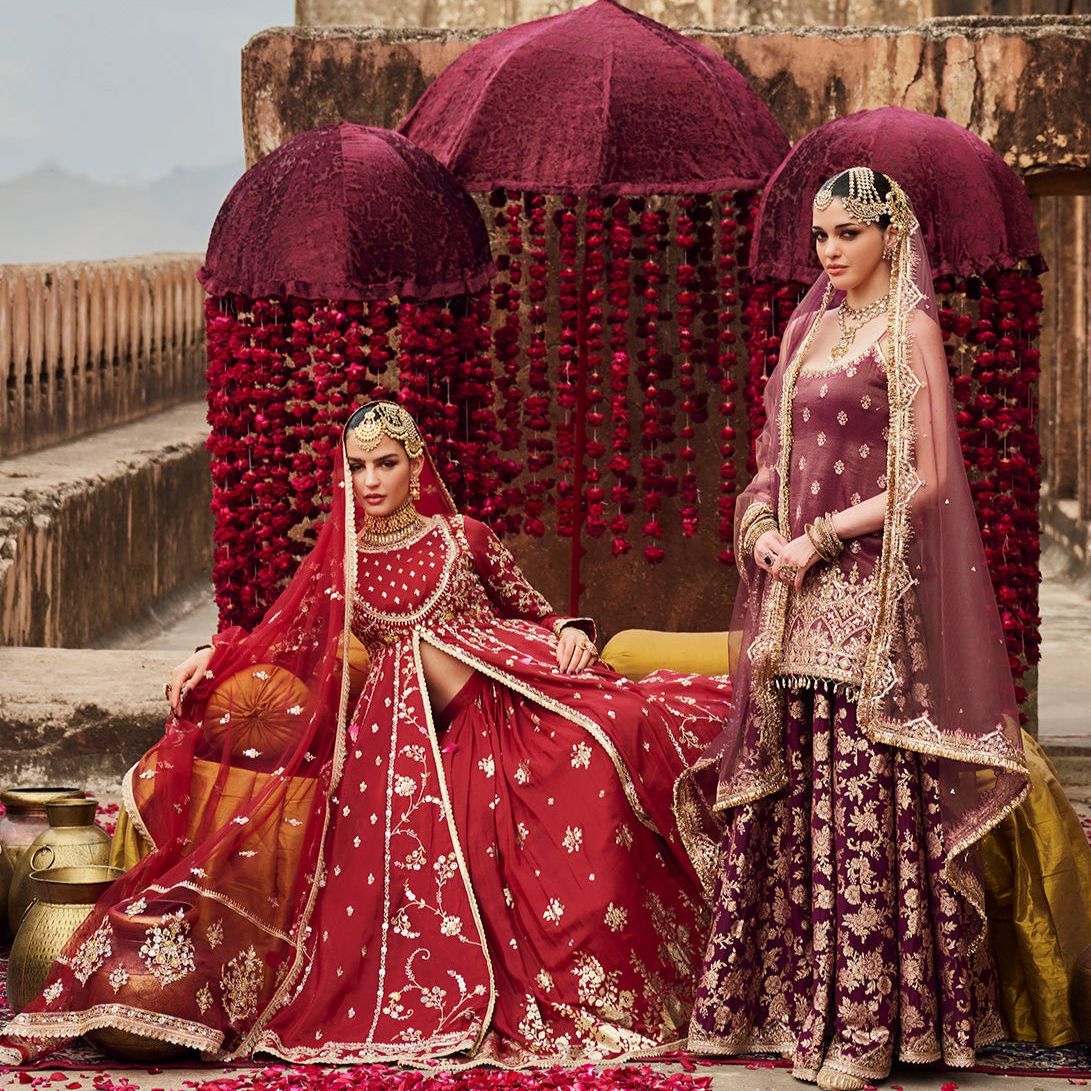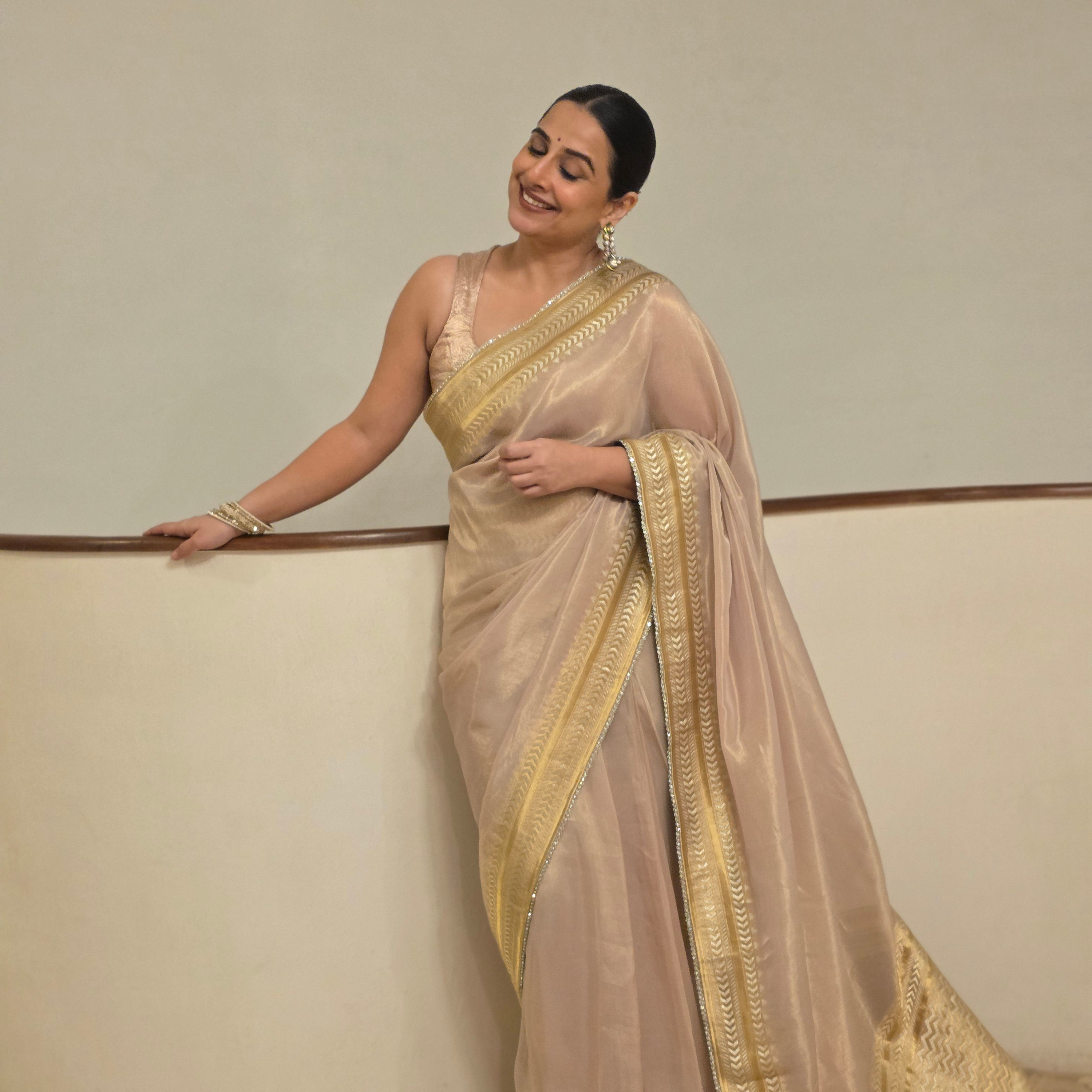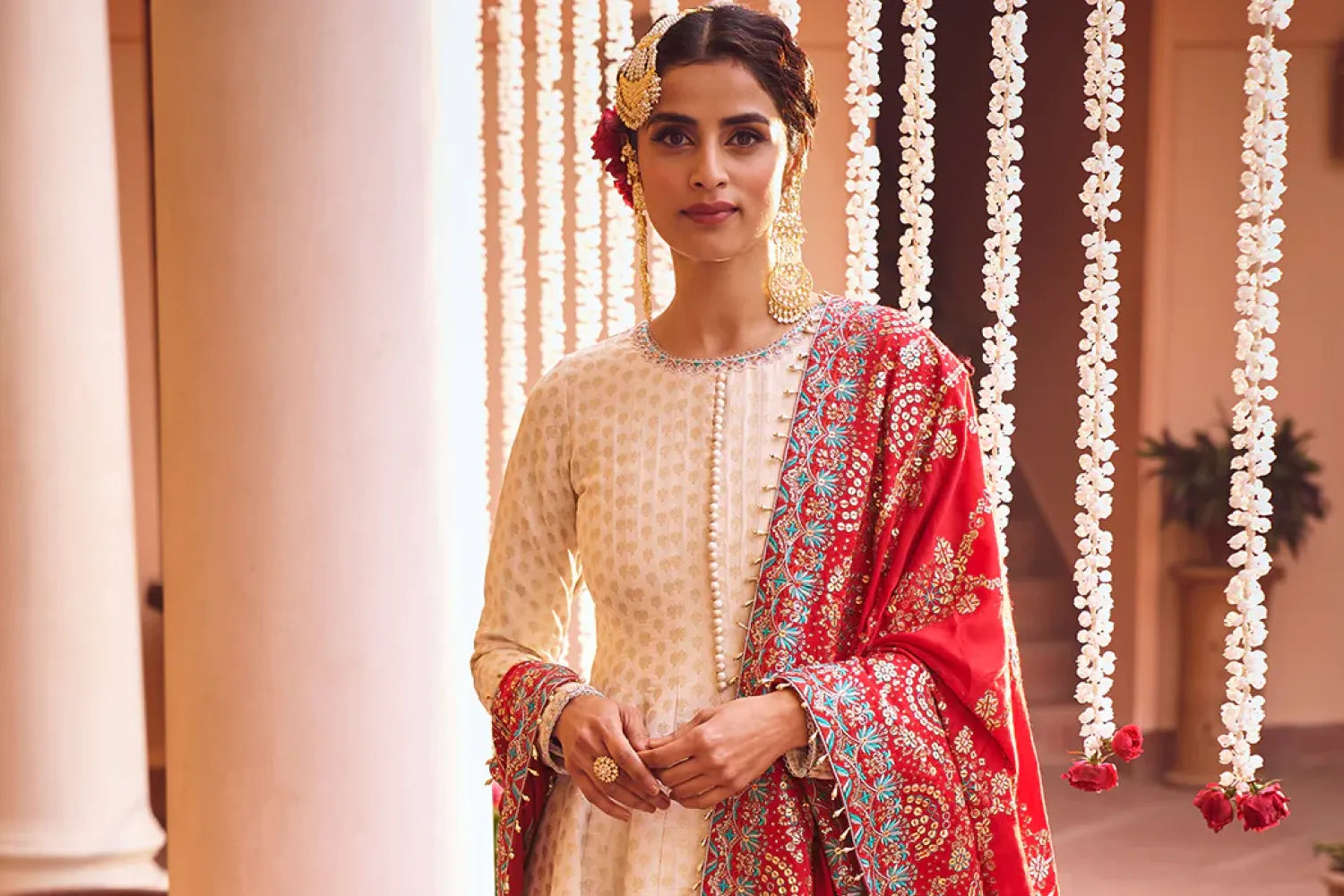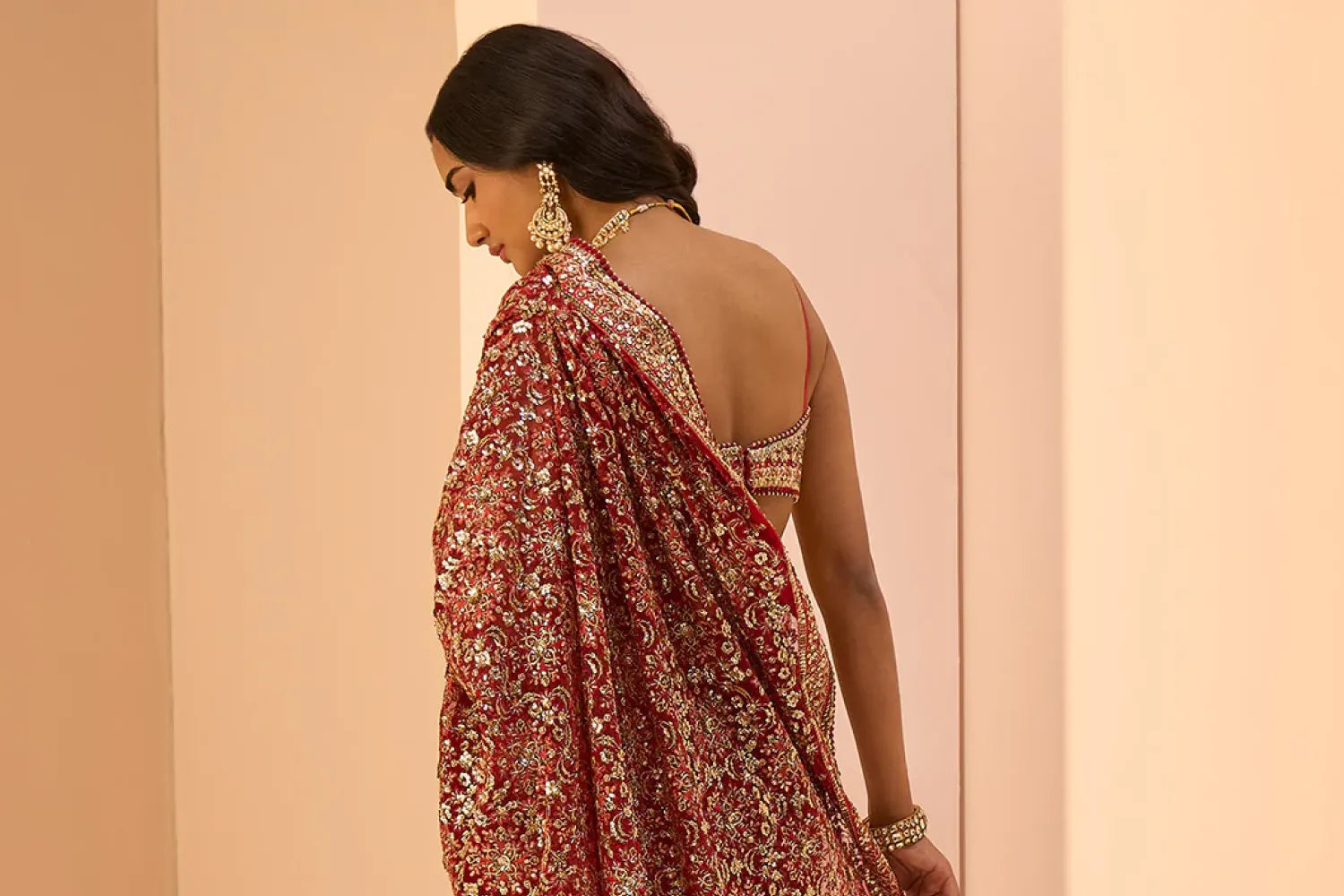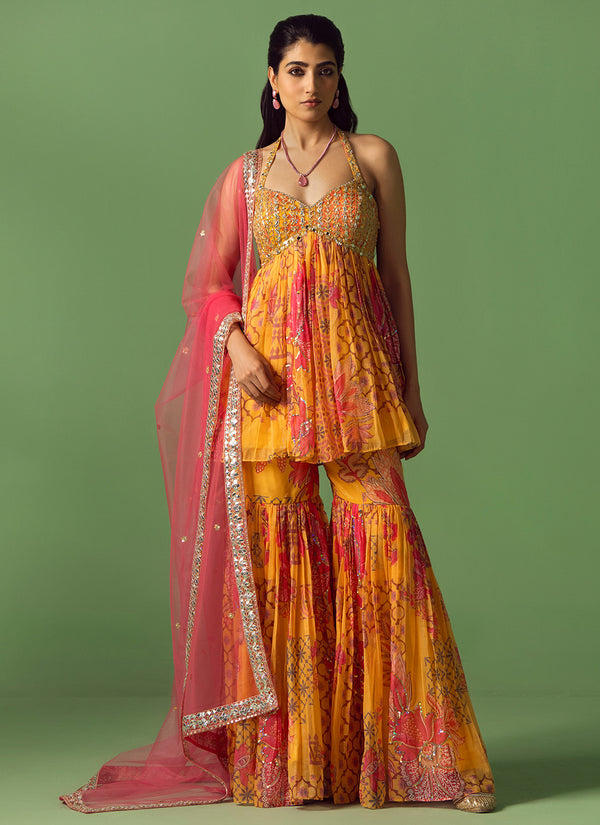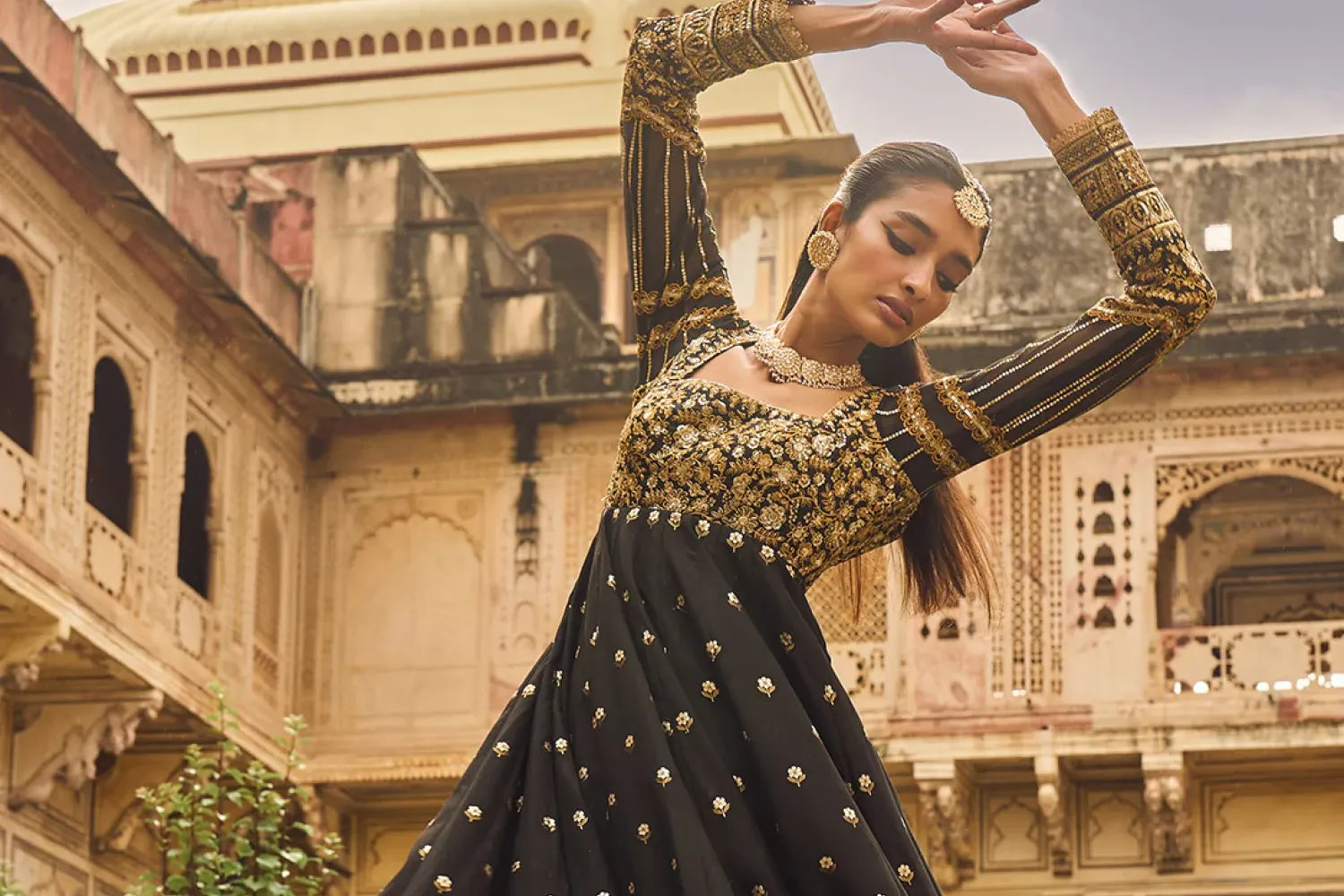
Eid Al-Fitr & The End of Ramadan: A Guide
Eid al-Fitr is one of two major holidays celebrated by Muslims and commemorates the end of the holy month of Ramadan, in which Muslims fast daily from before dawn until sunset. It is commemorated by a large, community-wide prayer service in the morning, followed by meals and conversation with friends and family. The month of Ramadan is not just a period of fasting but is also considered a time for spiritual growth as one of the five ‘pillars of Islam’. While ther are no strict guidelines for what to wear during Ramadan, there are still general suggestions.
Understanding Ramadan
It is believed that by abstaining from things that people tend to take for granted (such as water), it is believed, one may be moved to reflect on the purpose of life and grow closer to the creator and sustainer of all existence. As such, engaging in wrongdoing effectively undermines the fast. Many Muslims also maintain that fasting allows them to get a feeling of poverty and this may foster feelings of empathy. To conclude this holy period, a mandatory charity called Zakat al-Fitr is collected before the prayer and distributed to the poor and needy to ensure all can participate in the festivities.
Eid al-Fitr is the Arabic name for the holiday, though it goes by many other names in other languages.
Eid al-Fitr, also known as the "Festival of Breaking the Fast," marks the end of Ramadan, the Islamic holy month of fasting. It is one of the most significant religious festivals celebrated by Muslims worldwide.
As the ninth month of the Islamic lunar calendar and the holiest month for Muslims, it holds immense significance in Islam and is observed by Muslims worldwide through fasting, prayer, reflection, and community activities. The beauty of Ramadan is that it begins and ends with the appearance of the crescent moon because the Muslim calendar year is shorter than the Gregorian calendar year, Ramadan begins 10–12 days earlier each year, allowing it to fall in every season throughout a 33-year cycle.
Reflections on Ramadan
Ramadan provides a unique and highly effective opportunity to heal our sick and wayward heart and make it sound and healthy again. When the heart is filled with the consciousness of Allah (swt) it regains its innate health and purity. It is unique with its insistent wake-up call exhorting us to become what we ought to be and how to do that. It harnesses all our will, strength, courage and hope, and shows us how to put them to their best use.
Maintaining Wellbeing During Ramadan
During the month of Ramadan, Muslims fast from dawn until sunset. This entails refraining from eating, drinking, smoking and vaping. The fast is broken at sunset with a meal called Iftar followed by fasting the whole day. The next break is taken with a pre-dawn meal called Suhoor. During the Holy month of Ramadan, those who are fasting will undergo changes in their eating habits, sleeping patterns and daily routine. These changes can affect one’s physical and mental health. To maintain one’s well-being during Ramadan, the following steps must be followed.
To replenish the body properly, it’s important that you eat sensibly, at the appropriate times of day. It is advisable to eat food that releases energy slowly, such as carbohydrates, fruit, wholegrain, nuts and oats. Rest is of the utmost importance in order to recharge when appropriate. Although you will need to change your sleeping routine to fit around your meals, getting at least four hours sleep a night, after Iftar, will help your body recharge. You may also be able to get a few hours extra after Suhoor, before it’s time to start your day.
Apart from food and drinks, exercising moderately is equally essential to boost energy. One of the biggest misconceptions is that by stopping all exercise, you will reserve more energy. Contrary to this belief, exercising whilst fasting will help you to maintain your mental well-being. During exercise, the feelings of fatigue and low mood will actually disappear. This is because exercise produces endorphins, which are chemicals in the brain that help to maintain positive mood and energy levels. So, fitness enthusiasts can rejoice! The crucial bit is to know what to follow while exercising. One can keep it simple like taking a walk, going for a swim, following a home aerobic exercise program or doing light-intensity exercises – all activities for 30 minutes every day. Further, children do not have to fast during Ramadan. They should start when they reach the age of puberty, so long as they are healthy. Other than that, people who are traveling and pregnant women do not have the obligation to fast.
Why Eid Al-Fitr is Significant
Considered as a joyous occasion to celebrate the completion of this spiritual journey, Eid Al-Fitr is a time to express gratitude, is reminiscent of community, family bonding, charity and a way to renew faith in Islam. With this holy month of fasting, Eid al-Fitr marks the culmination of Ramadan, serving as a reminder of the values and teachings of Islam.
Eid Al-Fitr Traditions
Eid al-Fitr traditions and customs start with the eid prayer, one of the central traditions of the occasion. Muslims gather early in the morning at mosques, open fields, or designated prayer areas to perform the special Eid prayer, known as Salat al-Eid. On Eid morning, muslims exchange greetings and well-wishes, often saying “Eid Mubarak” (Blessed Eid) or “Eid Sa'id” (Happy Eid). This is an expression of joy and solidarity among family members, friends, and neighbors. Further, giving Zakat al-Fitr, also known as Fitrana, is an obligatory charity paid by Muslims before the Eid prayer. It is intended to assist those in need and ensure that everyone can partake in the celebrations. The amount is typically equivalent to the cost of staple food items and is given to the poor and needy.
Wearing new clothes are customary for Muslims on Eid day. Check out our EID outfits guide to learn more about what to wear. This practice symbolizes renewal and joy. This day is also associated with feasting and sharing meals with family and friends. A large part of Eid is socializing and strengthening bonds with loved ones. It is customary for people to visit relatives, friends, and neighbors throughout the day and gifts are exchanged.


